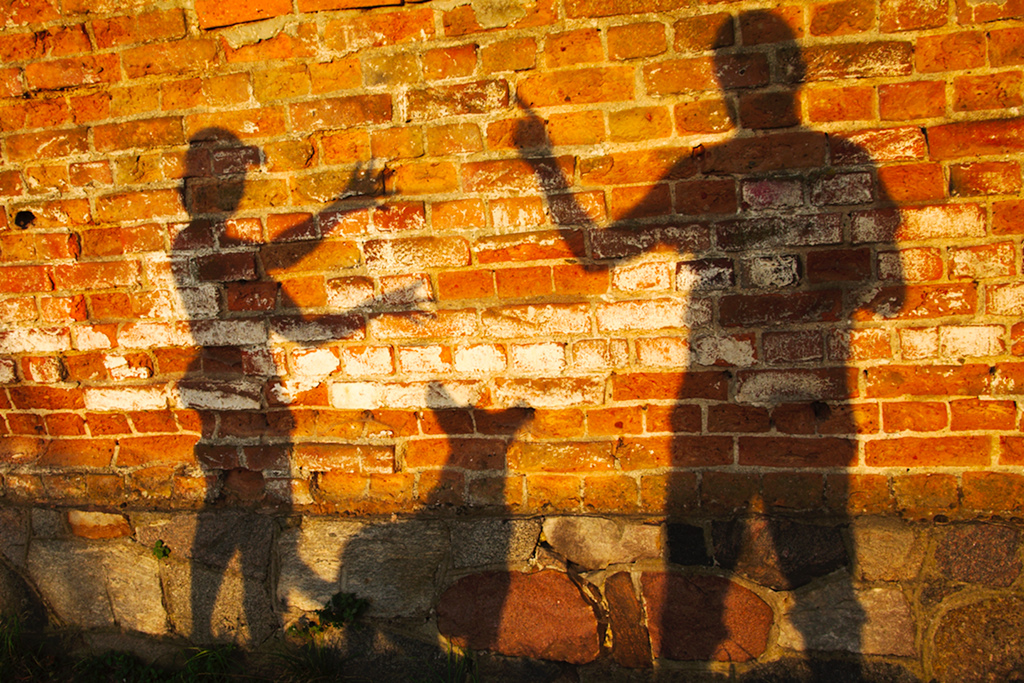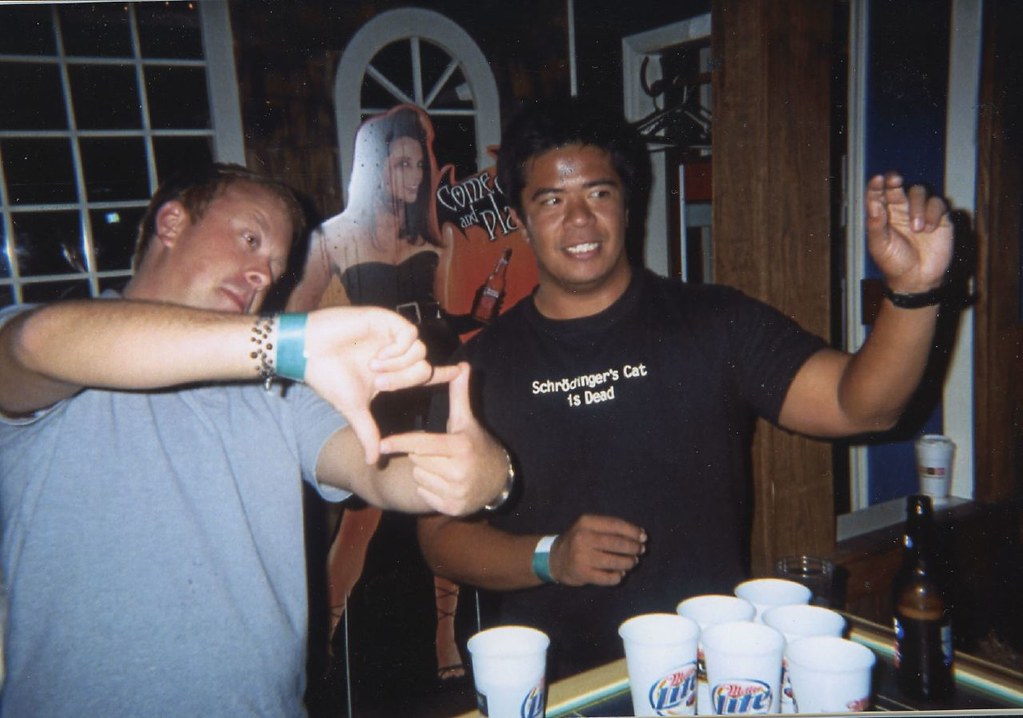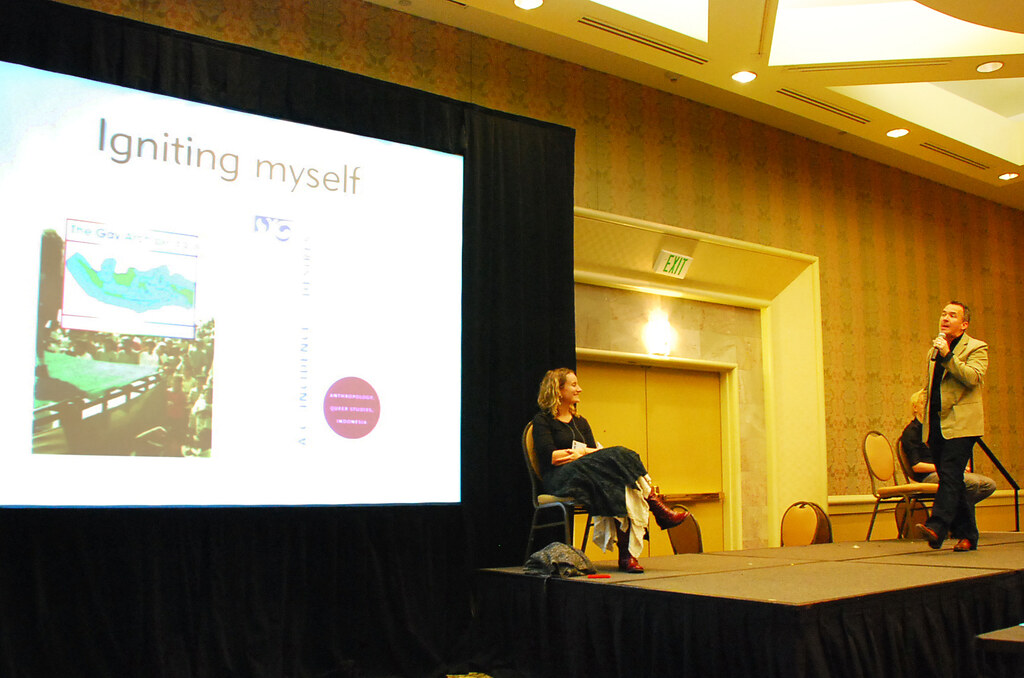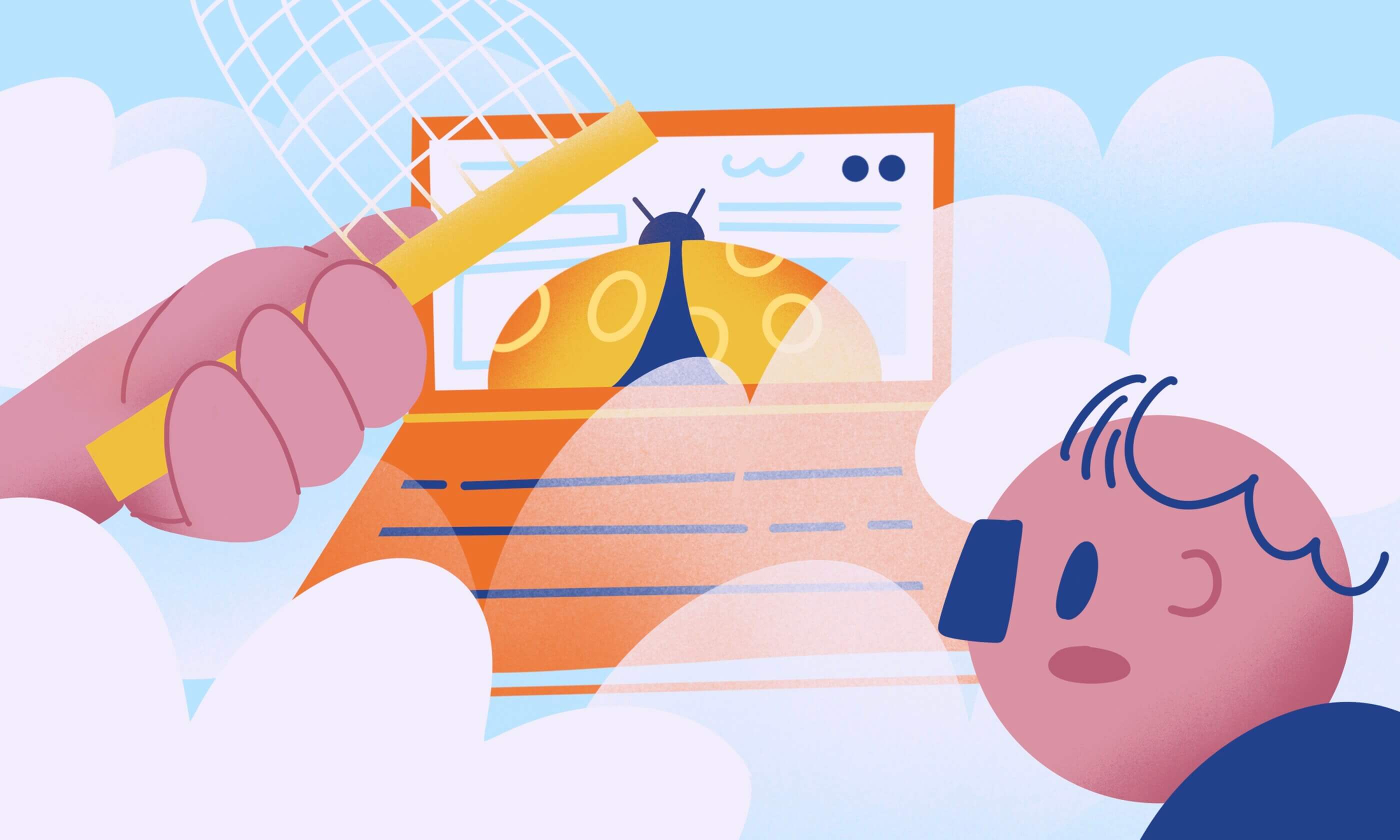
Alright gearheads, grammar enthusiasts, and anyone who’s ever felt like their linguistic engine was sputtering on the highway of English. We’ve all been there, staring down two words that look and sound eerily similar, yet carry profoundly different weight: “worse” and “worst.” It’s like mistaking a casual drive for a full-throttle drag race – the intent might be similar, but the outcome is, well, dramatically different.
These seemingly innocuous terms are the bane of many a writer and speaker, consistently leading to grammatical pile-ups in sentences that should otherwise be cruising smoothly. They’re the subtle misfire that can throw an entire communication off course. But fear not, because today, we’re tearing open the hood and delving deep into the mechanics of these two critical words. Our mission? To arm you with the precision and confidence needed to deploy “worse” and “worst” with the unerring accuracy of a seasoned pit crew.
We’re talking about more than just definitions here; we’re dissecting the very essence of comparative and superlative language. We’ll explore their origins, their tricky irregularities, and how they perform in some of English’s most common (and commonly misused) expressions. So, buckle up, because by the end of this linguistic tune-up, you’ll be navigating the nuances of “worse” and “worst” like a pro, leaving confusion in the rearview mirror.

1. **The Fundamental Distinction: Worse as Comparative**Let’s kick things off with the workhorse of our duo: “worse.” At its core, “worse” is the comparative form of the adjective “bad.” Think of it as the next notch down on the scale of undesirability. It literally translates to “more bad.” Its primary function is to draw a direct comparison between *two* things, indicating that one is of a lower quality, less desirable, or has deteriorated in relation to the other.
Consider this scenario, straight from the grammar garage: “Your breath is bad, but mine is worse.” Here, we’re not talking about a universal scale of bad breath; we’re pitting two specific instances against each other. Mine is simply *more* bad than yours. Similarly, if you say, “The situation was bad and it just got worse,” you’re describing a decline from an initial bad state to an even more dire one, a direct, one-on-one comparison of two points in time for the same situation.
This crucial difference underscores how “worse” functions in a sentence. It’s about expressing a decline or an inferiority when you have a clear point of reference – one other thing or state against which the comparison is being made. For example, “If an item of clothing, for example, has been washed a thousand times and looks worn down, its quality is worse than when you first bought it.” The focus remains on that two-way street of comparison, highlighting a deterioration in condition, quality, or desirability. It’s not the absolute bottom, just further down than something else.
Read more about: Mastering ‘Worse’ vs. ‘Worst’: A Consumer Reports Guide to Precision in English Usage

2. **The Pinnacle of Poorness: Worst as Superlative**Now, if “worse” is the immediate competitor, then “worst” is the undisputed champion of dread. “Worst” is the superlative form of “bad,” and it signifies the absolute apex of negativity. When you use “worst,” you’re not just saying something is “more bad”; you’re declaring it the “most bad” – the ultimate, rock-bottom, no-holds-barred terrible option among *all* possibilities.
Imagine a lineup of less-than-stellar scenarios: “Yours is bad, mine is worse, but his is the worst.” In this example, “his” isn’t just a slight step down from “mine”; it’s the nadir, the definitive low point that surpasses all others. There’s no further descent from “the worst.” It’s the ultimate extreme, the absolute nadir of comparison. Similarly, “That was the worst meal I’ve ever eaten” isn’t a casual critique; it’s a pronouncement that this particular culinary experience tops every other negative dining memory in the speaker’s entire life.
When we deploy “worst,” we’re comparing something not just to one other entity, but to an entire *group* of things – three or more, or indeed, every conceivable option. The context explicitly states that “worst is used in comparisons of more than two things” or “state that something is the most extreme out of every possible option.” For instance, “Out of the five exams I have today, this one is going to be the worst” immediately elevates that specific exam to the highest level of anticipated difficulty or unpleasantness amongst its peers. It isn’t merely bad, it defines the very definition of awful within that specific set.
Furthermore, “worst” can also be used to mean “most faulty or unsatisfactory,” confirming its role in pinpointing the absolute most undesirable characteristic within a given set. It’s the ultimate judgment, the final word on what falls shortest of expectations.
3. **The Good, the Better, and the Best Analogy**Sometimes, the best way to understand a complex concept is to relate it to something familiar, like a well-worn path. In the realm of comparative and superlative adjectives, “worse” and “worst” have a perfect, positive counterpart that can shed a clarifying light on their function: “good,” “better,” and “best.” This analogy is incredibly powerful for cementing the core distinction in your mind, allowing you to quickly reference a familiar structure when faced with a “worse” or “worst” dilemma.
Consider how we use these positive forms. “Good” is the baseline adjective, describing something positive. When you want to compare two positive things, you use “better.” For instance, “This car is good, but that one is better.” You’re drawing a direct, two-way comparison. Here, “better” is the comparative form of “good,” signifying “more good.” The structure is identical to how “worse” functions as the comparative of “bad.”
Conversely, when you want to identify the absolute pinnacle of positive attributes among a group, you use “best.” “Out of all the cars I’ve driven, this one is the best.” “Best” is the superlative form of “good,” meaning “most good.” This precisely mirrors the role of “worst” as the superlative of “bad.” The symmetry is undeniable. Just as “better” compares two things and “best” compares three or more (or denotes the ultimate), “worse” and “worst” follow the exact same logical progression, simply on the negative side of the spectrum.
Understanding this parallel is a key mental shortcut, a conceptual pit stop for clarity. It allows you to internalize that “worse” is to “bad” what “better” is to “good,” and “worst” is to “bad” what “best” is to “good.” It reinforces that “worse” is for a two-item comparison, indicating a decline, while “worst” is for an ultimate declaration among many. Keep this simple triplet in mind, and you’ll have a reliable compass for navigating these tricky grammatical terrains.
Read more about: Mastering the Inbox: Your HBR Guide to Writing Executive Emails That Command Instant Attention and Action

4. **Breaking the Rules: Irregular Forms**Ah, English grammar – a system of rules often punctuated by delightful, infuriating exceptions. While many adjectives play by the book when forming their comparative and superlative iterations, “bad,” “worse,” and “worst” are veritable rebels. They don’t quite fit the mold, making them a recurring speed bump for even experienced wordsmiths. Understanding this irregularity is crucial, as it explains *why* these words often feel less intuitive than their more compliant cousins.
Ah, English grammar – a system of rules often punctuated by delightful, infuriating exceptions. While many adjectives play by the book when forming their comparative and superlative iterations, “bad,” “worse,” and “worst” are veritable rebels. They don’t quite fit the mold, making them a recurring speed bump for even experienced wordsmiths. Understanding this irregularity is crucial, as it explains *why* these words often feel less intuitive than their more compliant cousins.
In most cases, the standard operating procedure for forming a comparative adjective involves either tacking “-er” onto the end of the word (think “faster,” “smarter,” “bigger”) or placing “more” or “less” directly before it (like “more impressive,” “less powerful”). For superlatives, the usual suspects are “-est” (as in “fastest,” “smartest,” “biggest”) or “most” or “least” preceding the adjective (e.g., “most impressive,” “least powerful”). These are the predictable routes, the well-paved highways of grammar.
However, “worse” and “worst” eschew these common pathways. They are what linguists call irregular forms, much like “go, went, gone” or “eat, ate, eaten” for verbs. You can’t simply add “-er” to “bad” to get “bader” (definitely don’t try that!) or “-est” to get “badest.” Their forms evolved differently, rooted in older linguistic structures. This irregularity is precisely why they can be tricky, demanding a bit more attention and memorization rather than straightforward rule application. It’s like a classic car with a unique engine – you need to know its specific quirks to drive it properly.
Despite their defiance of the typical rules, there’s a subtle clue embedded within their structure. The context points out that you “can see a remnant of the superlative ending -est at the end of worst and best.” This small but significant detail can act as a helpful mnemonic. Seeing that familiar “-st” at the end of “worst” can serve as a quick reminder that it belongs to the superlative club, denoting the absolute maximum degree of badness, akin to “best” signifying the maximum degree of goodness. It’s a small linguistic easter egg that, once noticed, can provide a steady hand in the heat of grammatical decision-making.
Read more about: 14 Enduring SUVs: The Ultimate Guide to Vehicles That Last Decades and Deliver Exceptional Value

5. **Navigating “From Bad to Worse”: A Story of Decline**Some expressions are so deeply ingrained in our lexicon that they almost become invisible, yet their precise construction holds significant grammatical weight. One such idiom, perfectly illustrating the role of “worse,” is “from bad to worse.” This phrase is a staple for describing a continuous, unchecked slide down a slippery slope of quality or condition, painting a vivid picture of escalating negativity.
When we say something has gone “from bad to worse,” we’re not just lamenting a single unfortunate event; we’re narrating a progression where an already undesirable state has only intensified its descent into greater negativity. The core meaning, as the context elucidates, is “that something started bad and has only deteriorated in quality or condition.” It implies a trajectory, a journey where each stop along the way is progressively more detrimental than the last. It’s a narrative of decline, a downward spiral where the initial bad situation merely sets the stage for something more problematic to follow.
The context offers a relatable example: “My handwriting has gone from bad to worse since I graduated high school.” This isn’t a comparison of handwriting styles between two different people; it’s a direct comparison of the speaker’s handwriting *then* (bad) and their handwriting *now* (worse). The crucial element here is the sequential nature of the deterioration, the sense of an ongoing process that has intensified negatively. Another example provided is “My grades went from bad to worse after I missed a few classes,” again highlighting a personal decline over time.
It is imperative to note that this idiom *always* uses “worse,” never “worst.” This is because the phrase inherently describes a comparative action – a movement from one negative state (“bad”) to a *more* negative state (“worse”). It’s a comparison of two distinct stages within the same progression, not an ultimate declaration of the absolute lowest point. The deterioration is continuous, but it’s always one step further down from the previous “bad,” rather than hitting the rock bottom of “worst.” Keep this idiom’s specific construction in mind, and you’ll steer clear of a common grammatical misstep.
Read more about: Beyond Bad: 12 Critical Distinctions Between ‘Worse’ and ‘Worst’ That Every Pop Culture Fan Needs to Master

6. **The “Worst Case” Conundrum: Understanding the Ultimate Scenario**When contemplating the potential pitfalls of any endeavor, our minds often leap to the most dire possibilities. This is where the phrase “worst case” comes into play, a powerful descriptor for the ultimate negative outcome. This phrase is almost exclusively used in two specific idiomatic expressions: “in the worst case” and “worst-case scenario.” These are not merely casual pairings of words; they represent fixed linguistic structures designed to convey the absolute bottom-line potential for disaster.
Why “worst” and not “worse” in these crucial expressions? The answer lies in the uncompromising nature of the superlative. “Worst case” isn’t referring to a slightly less favorable outcome than another; it’s identifying a situation that is “as bad as possible compared to any other possible situation.” It’s the absolute extreme, the most severe, undesirable, or hazardous event that could conceivably unfold. It leaves no room for anything more dire. The context is explicit: “both of these phrases refer to a situation that is as bad as possible compared to any other possible situation, which is why it uses the superlative form worst.”
Let’s look at the concrete examples provided to underscore this point. “In the worst case, the beams will collapse instantly” immediately conjures an image of total structural failure, the most catastrophic outcome imaginable for that particular situation. There’s no scenario beyond this. Similarly, “This isn’t what we expect to happen—it’s just the worst-case scenario” highlights that this predicted eventuality is the most extreme and undesirable possibility they are accounting for, the ultimate contingency plan against utter failure. These phrases aren’t about gradual decline; they’re about acknowledging the very lowest bar, the absolute rock bottom of outcomes.
It’s also vital to distinguish these idiomatic uses from a simple juxtaposition of “worse” and “case” in a non-idiomatic sense. The context clarifies: “While it’s possible for the words worse and case to be paired together in a sentence (as in Jacob had a worse case of bronchitis than Melanie did), it’s not a set expression like worst case is.” In Jacob’s situation, we’re comparing the severity of *two specific cases* of bronchitis, where Jacob’s is simply *more severe* than Melanie’s. This is a comparative usage, not a declaration of the absolute worst possible medical case globally. Thus, “worst case” and “worst-case scenario” always demand the superlative “worst” because they encapsulate the singular, most profoundly negative outcome within a given set of possibilities, standing alone as the ultimate low point.
Alright, gearheads, now that we’ve navigated the basic distinctions and some classic idioms involving ‘worse’ and ‘worst,’ let’s shift into a higher gear. The linguistic highway stretches further, revealing more intricate uses where these words take on surprising roles beyond simple adjectives. We’re about to explore how ‘worst’ isn’t just for describing the absolute bottom in comparisons, but can also function as a noun, an adverb, and yes, even a verb – a truly unexpected twist in the tale of English grammar.
We’ll also put a finer point on some of those complex idiomatic expressions and look at how ‘worse’ and ‘worst’ play their parts when evolving from other base words like ‘badly’ and ‘ill.’ This deep dive ensures that by the time we’re done, you’ll not only know the difference but command these words with the authority of a seasoned mechanic diagnosing a tricky engine fault. So, strap in, because we’re about to unlock the full potential of these indispensable terms, ensuring your prose runs smoother than a perfectly tuned V8.
Read more about: Mastering the ‘Worst’: Your Ultimate Guide to Precision and Power in English Grammar

7. **The Great Debate: “If Worse Comes to Worst” or “If Worst Comes to Worst”**Now, for a truly fascinating linguistic pit stop, let’s tackle an idiom that often leaves even the most confident wordsmiths scratching their heads: the phrase meaning “if the worst possible outcome happens.” You’ve probably heard both “if worse comes to worst” and “if worst comes to worst” uttered in casual conversation, and if you’ve ever wondered which one is correct, you’re not alone. This is one of those linguistic quirks where common usage often diverges from strict logical interpretation, creating a grammatical head-scratcher.
The context reveals that there are indeed two very similar versions of this expression. However, it explicitly states that “if worst comes to worst is much more commonly used (even though it arguably makes less sense).” This is a prime example of how language evolves, with popular usage sometimes overriding what might seem grammatically more coherent at first glance. The phrase anticipates the absolute rock bottom, the ultimate nadir of a situation, and prepares for it.
Regardless of the form, the core purpose of this idiom remains consistent: it’s a verbal contingency plan. It’s usually accompanied by a proposed solution to the impending problem, a backup strategy for when everything goes sideways. It’s the linguistic equivalent of having a spare tire, just in case the main ones blow out on the highway.
Consider the pragmatic application of this phrase. “If worse comes to worst and every door is locked, we’ll get in by opening a window.” This isn’t just an acknowledgement of a dire situation; it’s immediately followed by a actionable plan. Similarly, “I’m going to try to make it to the store before the storm starts, but if worst comes to worst, I’ll at least have my umbrella with me.” Here, the speaker is acknowledging the absolute lowest potential outcome and articulating their preparedness, however minimal, for that eventuality. It encapsulates planning for the ultimate downside.

8. **Worst as a Noun: Preparing for the Unthinkable**Just when you thought ‘worst’ was purely an adjective, flexing its superlative muscles, prepare for another gear shift. This versatile word also has a powerful life as a noun, often appearing with the definite article “the.” When used as a noun, ‘worst’ refers to “something that is worst,” encapsulating the most inferior, most unpleasant, or most damaging aspect within a given context. It’s the ultimate low, personified.
Think of those moments when you’re bracing yourself for a catastrophe. We commonly hear the concise and impactful command: “Prepare for the worst.” In this instance, “the worst” isn’t describing a thing; it *is* the thing itself – the absolute most undesirable outcome imaginable. It’s a noun encapsulating the totality of negativity. This usage pushes ‘worst’ beyond merely modifying a noun to *becoming* the noun representing the extreme.
Furthermore, the dictionary definitions provided in our context expand on this noun usage, showing its range. “The worst” can denote “the least good or most inferior person, thing, or part in a group, narrative, etc.” It can also refer to “the most poor, unpleasant, or unskilled quality or condition,” or even “the greatest amount of damage or wickedness of which a person or group is capable,” as in someone doing “their worst.” It also covers “the weakest effort or poorest achievement that a person or group is capable of making.” This multifaceted nominal role truly highlights the word’s flexibility.

9. **Worst as an Adverb: Hitting the Absolute Bottom in Action**Beyond its familiar roles as an adjective and a noun, ‘worst’ can also operate as an adverb. This means it can modify verbs, adjectives, or even other adverbs, indicating the highest degree of negativity in how an action is performed or an attribute is manifested. When ‘worst’ steps into this adverbial role, it signifies something done “in the worst manner” or “in the greatest degree,” painting a picture of an action performed with maximum inadequacy or severity.
While perhaps less common than its adjectival sibling, the adverbial ‘worst’ packs a punch, communicating the ultimate level of detrimental action or effect. It isn’t just about something being bad, or even worse; it’s about an action or state hitting the absolute lowest possible standard in its execution or intensity. It takes the concept of ‘badly’ and dials it up to eleven, reaching the absolute zenith of poor performance or extreme impact.
The context confirms this by defining the adverbial ‘worst’ as “in the most evil, wicked, severe, or disadvantageous manner,” and “with the most severity, intensity, etc.; in the greatest degree.” Imagine a poorly executed car modification. If someone describes the mechanic’s work as having gone “worst” in terms of how it was performed on one particular component compared to all others, they are using it adverbially to describe the manner of the action at its absolute lowest point. This illustrates its potent ability to describe action at its extreme.
Read more about: The Definitive Guide to ‘Best’: What the Word Behind Every ‘Greatest Of All Time’ List (Even Western TV Actors!) Really Means

10. **Worst as a Verb: To Defeat, To Best**Now, for a real curveball that might just surprise even the most astute grammar enthusiasts: ‘worst’ can actually function as a verb! Yes, you read that right. While certainly not a colloquial or frequently encountered usage in modern English, its presence in our linguistic toolkit underscores the historical depth and surprising versatility of the English language. This is where ‘worst’ takes on a dynamic, active role.
As a transitive verb, ‘worst’ means “to defeat” or “to beat.” It’s an older, more formal usage that evokes a sense of overcoming an opponent, to triumph over them in a contest or struggle. It speaks to a definitive victory, where one party has definitively rendered the other ‘worst’ in a confrontation, pushing them to their lowest point of performance or power.
Our context provides a crystal-clear example of this active role: “He worsted him easily.” This isn’t a description of quality; it’s a statement of action and outcome. The subject, “He,” actively performed the act of ‘worsting,’ thereby defeating “him” with apparent ease. This usage harks back to a time when linguistic expressions were perhaps more direct and less concerned with maintaining neat categorical boundaries for words. It showcases the word’s unexpected power when wielded in an active capacity, delivering a decisive blow in a linguistic sense.
Read more about: Beyond Bad: 12 Critical Distinctions Between ‘Worse’ and ‘Worst’ That Every Pop Culture Fan Needs to Master
11. **Worse and Worst: The Adverbial Forms of “Badly”**We’ve dissected ‘bad’ and its comparative and superlative forms, ‘worse’ and ‘worst,’ as adjectives. But what happens when the base word itself, ‘bad,’ functions as an adverb, as in ‘badly’? The English language, ever consistent in its irregularities, ensures that ‘worse’ and ‘worst’ maintain their comparative and superlative duties in this adverbial realm as well. This is where our understanding of degrees of negativity truly deepens, extending beyond descriptors of nouns to the manner of actions.
The context explicitly clarifies this parallel: “From badly (adv): worse adv comparative worst adv superlative.” This means that just as ‘worse’ is “more bad” in an adjectival sense, it also functions as “more badly” when modifying a verb or another adverb. Similarly, ‘worst’ as an adverb means “most badly.” It describes actions or states performed with a greater or greatest degree of inadequacy or incorrectness.
Consider, for instance, a situation where an engine is performing poorly. If it “runs badly,” then an engine running “worse” implies it performs “more badly” than another, or than it did previously. And if an engine “runs worst,” it signifies it performs “most badly” compared to all other engines or all previous states. This adverbial application allows for precise articulation of a decline or ultimate failure in performance or execution, painting a vivid picture of escalating ineptitude or severity in actions themselves.
Read more about: Mastering ‘Worse’ vs. ‘Worst’: A Consumer Reports Guide to Precision in English Usage

12. **When “Ill” Takes a Turn: Worse and Worst in Health and Fortune**Our journey through ‘worse’ and ‘worst’ wouldn’t be complete without acknowledging their connection to another foundational negative word: ‘ill.’ While ‘bad’ is the most common adjective that spawns these comparative and superlative forms, ‘ill’ also directly feeds into ‘worse’ and ‘worst’ as its own degrees of decline. This particular linguistic connection is especially poignant when discussing health, well-being, or fortune.
The context confirms this direct lineage: “From ill (adj): worse adj comparative worst adj superlative.” This means that when we talk about someone being ‘ill’ (unwell or sick), ‘worse’ indicates a state of being “more ill,” and ‘worst’ signifies being “most ill” among a group, or in an absolute sense. It’s a direct parallel to how we use them with ‘bad,’ but specifically tailored to the nuances of sickness and misfortune.
For example, if a patient is ‘ill,’ and their condition deteriorates, they might be described as ‘worse.’ If, tragically, they are the most gravely affected in a ward, or reach the absolute lowest point of their health, their condition could be described as the ‘worst.’ Furthermore, ‘ill’ also means ‘unfavorable’ or ‘wicked,’ and ‘worse’ and ‘worst’ extend to these meanings too. “Many ills befell him,” and if his fortunes became *more* unfavorable, they could be described as having become ‘worse.’ This comprehensive linkage ensures that ‘worse’ and ‘worst’ remain critical tools for expressing degrees of negativity across various contexts.
Read more about: From Rock Bottom to Red Carpet: 15 Celebrities Who Proved It’s Never Too Late For An Epic Comeback

13. **Putting It All Together: Mastering the Nuances with Real-World Examples**We’ve covered a lot of ground, delving into the comparative and superlative forms, their irregular nature, various idiomatic expressions, and even their surprising roles as nouns, adverbs, and verbs. Now, let’s bring it all into sharp focus with a series of real-world examples, allowing us to see these concepts in action and cement our understanding. These aren’t just sentences; they’re blueprints for precise communication, demonstrating how a firm grasp of ‘worse’ and ‘worst’ elevates your linguistic game.
Consider this straight-up comparison: “I think the pink paint looks worse on the wall than the red paint did.” Here, ‘worse’ precisely conveys that the pink is “more bad” in appearance than the red. It’s a direct, two-way comparison between the two paint colors, a simple aesthetic critique where one is demonstrably inferior to the other.
Then we escalate to the superlative: “Out of all of us, Tom had the worst case of poison ivy.” This isn’t just a slightly more severe rash; it’s the definitive, most extreme case among the entire group. Tom’s affliction stands at the absolute pinnacle of itchiness and discomfort, leaving no room for a further descent into pox-related misery.
In a race scenario, the distinction becomes even clearer: “Debra Deer had a worse finishing time than Charlie Cheetah, but Sam Sloth had the worst time by far.” Debra’s time was simply “more bad” than Charlie’s – a comparative stumble. But Sam? Sam hit the absolute rock bottom, posting the “most bad” time, an undisputed champion of slowness among the competitors.
And remember that journey of decline? “My grades went from bad to worse after I missed a few classes.” This isn’t a comparison to anyone else’s grades; it’s a personal narrative of deterioration, a continuous slide from an already undesirable state to an even more problematic one. Each missed class pushed the situation further down the negative scale, creating a clear trajectory of academic decline.
Finally, for those high-stakes moments, these words are indispensable. “If worst comes to worst and we miss the bus, we’ll just hail a cab.” This phrase captures the contingency plan for the absolute lowest point, acknowledging the ultimate failure and providing an immediate, pragmatic solution. And for the ultimate pre-mortem, we have: “It’s possible that the losses could lead to bankruptcy, but the company is doing everything it can to avoid this worst-case scenario.” This articulates the most extreme negative outcome the company is strategizing to avert, a definitive acknowledgment of the abyss they seek to avoid.
So, there you have it, folks. We’ve taken a deep dive under the hood of ‘worse’ and ‘worst,’ stripping away the confusion and revealing the finely-tuned mechanics of their usage. No longer will these deceptively similar terms cause you to stall out on the linguistic highway. From comparative statements to superlative declarations, from idioms to their surprising roles as nouns, adverbs, and even verbs, you now possess the knowledge to wield these words with precision and confidence. Go forth, write boldly, and may your grammar always be in perfect working order!



